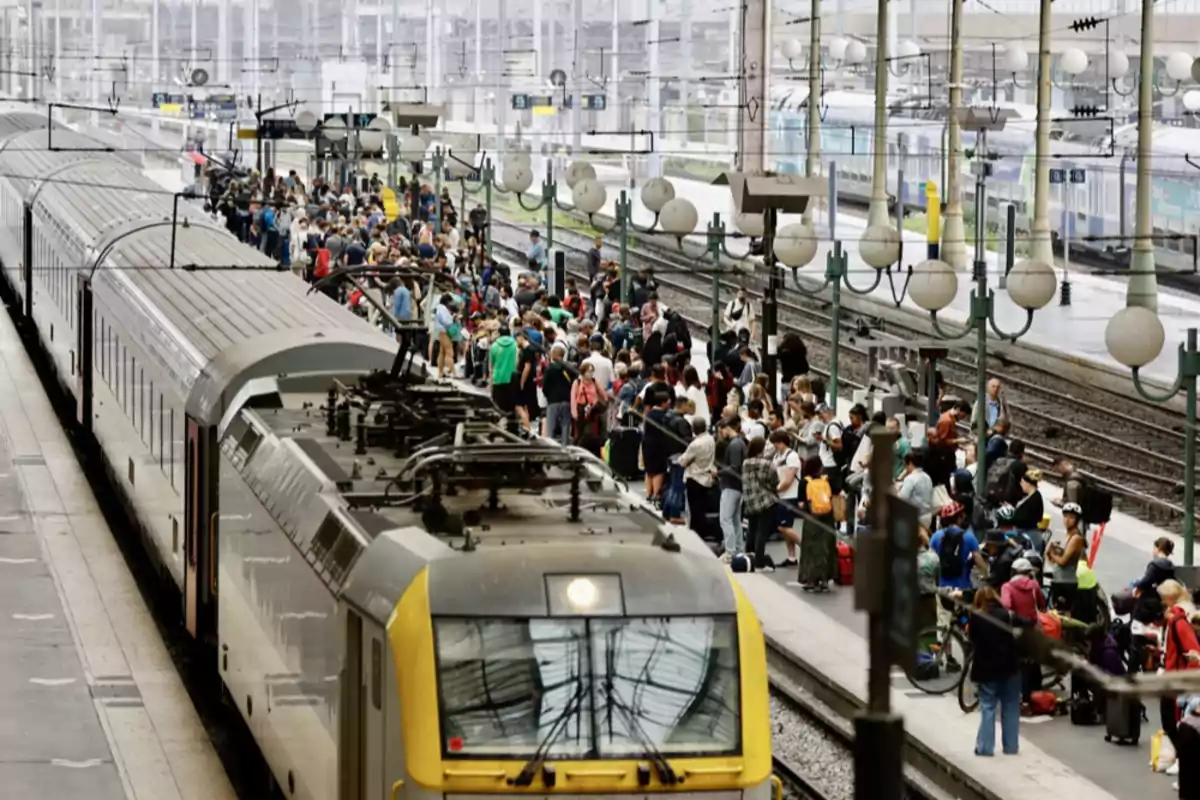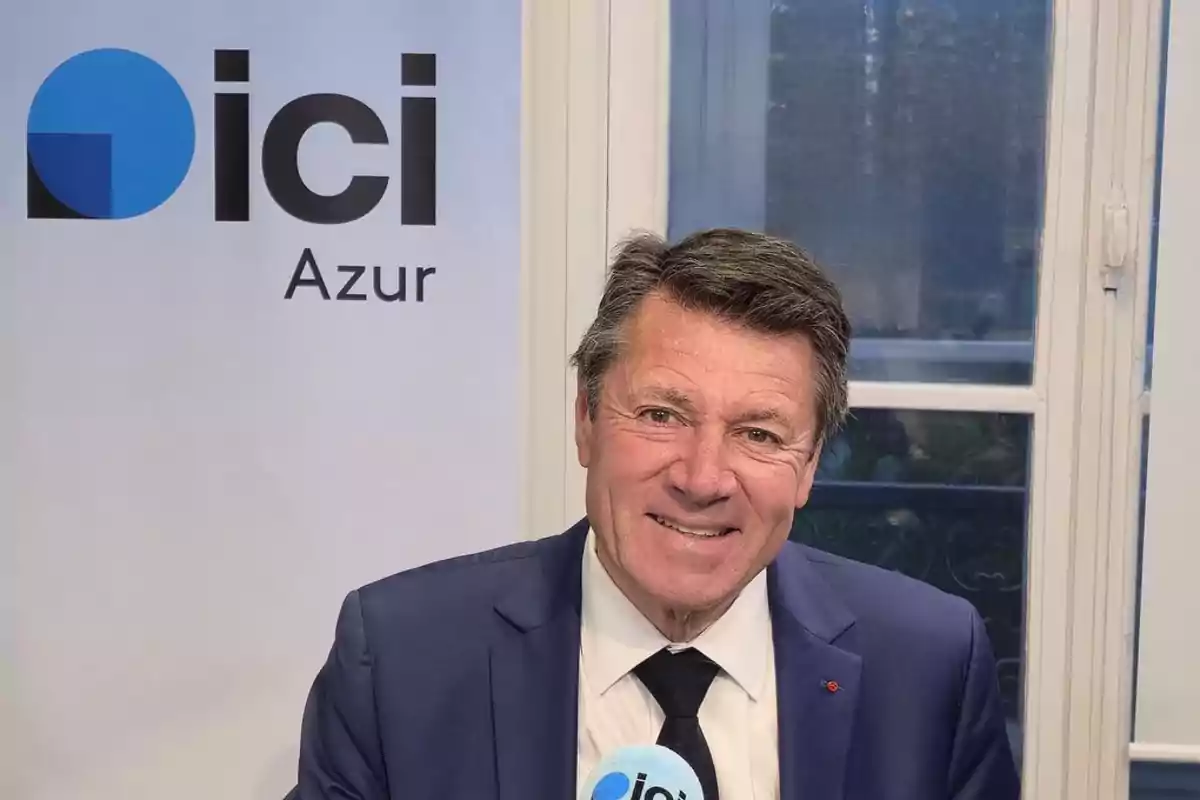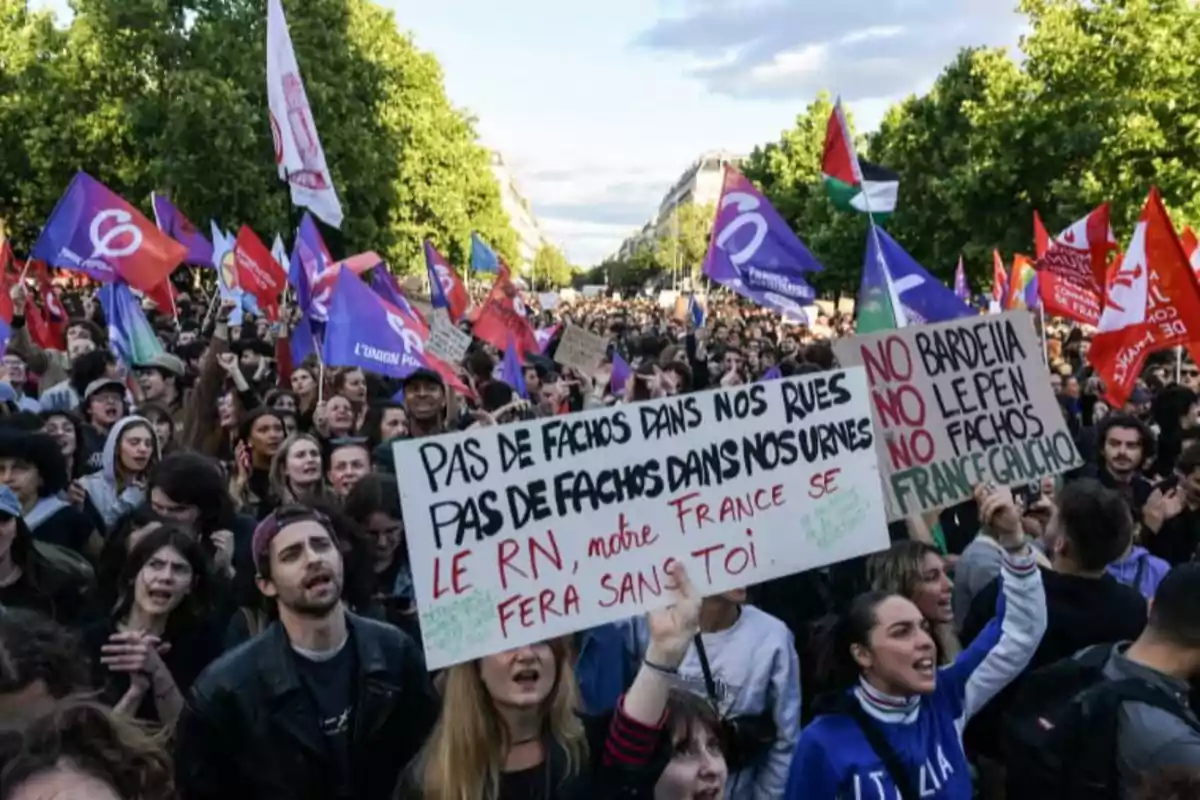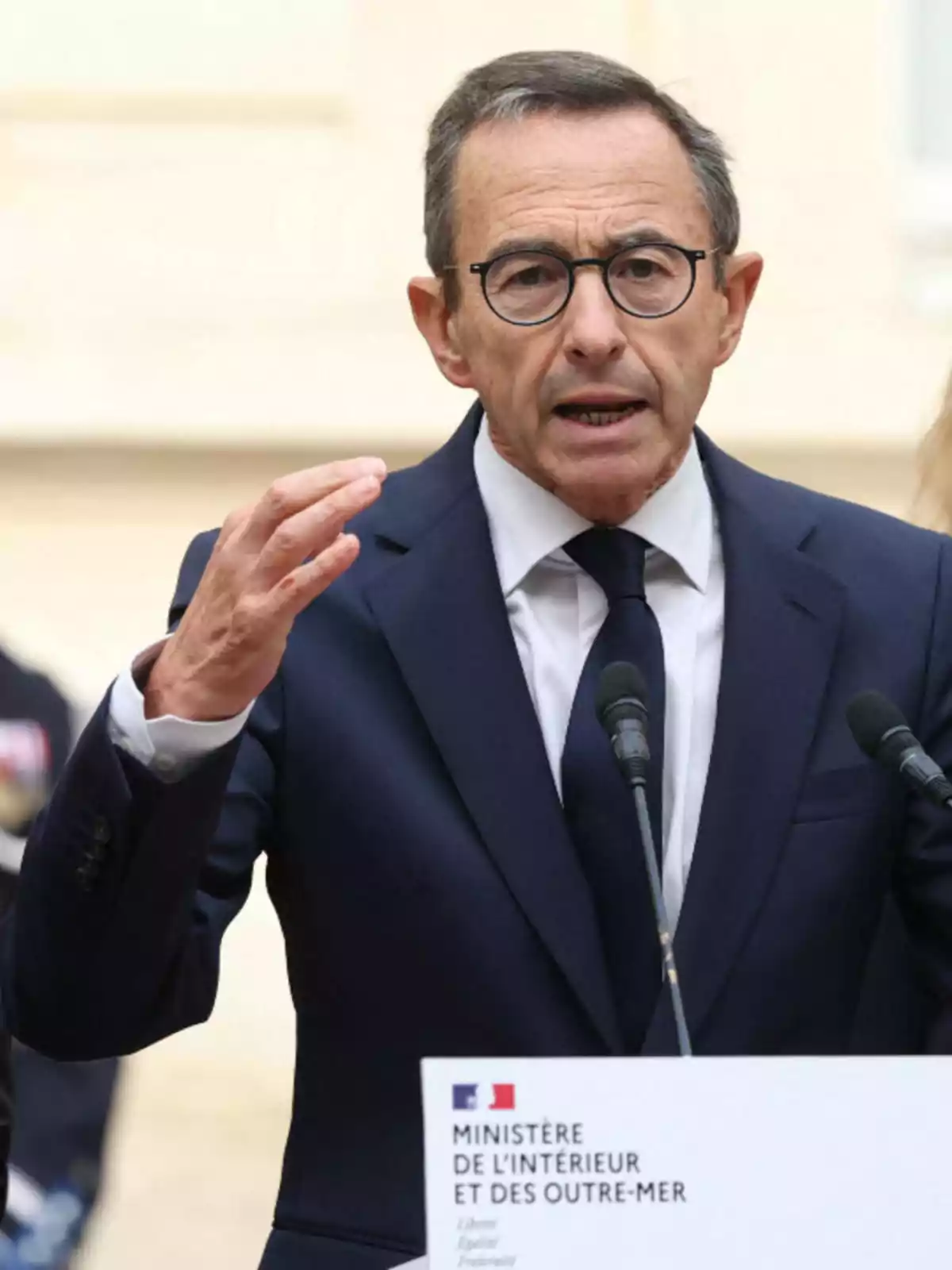
A French far-left group carried out a terrorist attack on the power grid
With the aim of showing their support for Hamas and protesting against the use of electric energy, a French communist group carried out a dangerous act of sabotage
During the weekend of May 24 and 25, 2025, the French cities of Cannes and Nice, located on the French Riviera, fell victim to deliberate sabotage of the electrical grid, affecting more than 200,000 households and causing major disruptions in public services.
French authorities have launched an official investigation to clarify the events, which are being treated as acts of sabotage, possibly linked to extremist movements.
The first blackout occurred on Saturday in Cannes, during the final day of the prestigious International Film Festival. A fire at an electrical substation, attributed to an intentional act of vandalism, left approximately 160,000 households without power.
This power outage disrupted traffic signals, ATMs, and part of the festival's activities, although the closing ceremony was able to take place thanks to the use of generators.

The following day, another fire, this time at an electrical transformer in western Nice, caused a second blackout that affected about 45,000 people. In this case, authorities reported that three of the four columns of a power pylon had been cut with a saw.
The mayor of Nice, Christian Estrosi, strongly condemned these "malicious acts" and stated that power was restored quickly, thanks to the mobilization of local and national police forces. He also announced that the video surveillance system will be reinforced at strategic points of the city's electrical infrastructure.
The investigation is being led by France's national prosecutor's office. The prefect of Alpes-Maritimes, Laurent Hottiaux, suggested that there are elements indicating the incidents were not a coincidence, although he avoided giving details, citing the confidential nature of the investigation.

On Monday, May 26, alternative media published a statement attributed to anarchist groups claiming responsibility for the sabotage. In their message, they justified the actions as an attempt to "cut the power to what destroys us."
The attacks targeted not only the Cannes Festival, which according to the perpetrators represents the showcase of a hypocritical French Republic, "defender of progress, but also the world's second largest arms exporter," but also key industries in the region, such as Thales Alenia Space, technology startups, the local airport, and other facilities with military or industrial functions.
Despite the declared intentions of the perpetrators, their main objective of paralyzing the festival was not achieved, since the Palais des Festivals continued operating thanks to contingency measures. However, the main victims were local residents, public services, and hospitals that experienced operational disruptions.

Right-wing MEP Éric Ciotti described the acts as sabotage and terrorist attacks. He stated that those responsible must be relentlessly pursued, warning about the dangers of such acts that could put lives at risk.
At the European level, various officials have warned about an increase in sabotage attributed to criminal groups linked to foreign powers, such as Russia. These acts have included arson, cyberattacks, and disinformation propaganda.
Authorities have not yet identified the perpetrators nor confirmed the authenticity of the statement published on the Indy Media site, a platform linked to anarchist and radical environmentalist movements, especially active in Nantes, a city where numerous extremist mobilizations have taken place.

Meanwhile, the victory of dissident Iranian director Jafar Panahi in Cannes for his film It Was Just an Accident provoked diplomatic tensions. In the work, inspired by his experience in prison, five people confront the alleged torturer from their past.
France celebrated the film as an act of resistance, which led Iran to summon the French chargé d'affaires in Tehran, protesting what they described as "insulting" statements by French minister Jean-Noël Barrot.
As an immediate measure, the French Ministry of the Interior ordered increased surveillance at critical electrical facilities. As the investigation continues, the episode highlights the growing threat of ideologically motivated internal sabotage, capable of seriously affecting both international-scale events and the basic functioning of public services.

More posts: